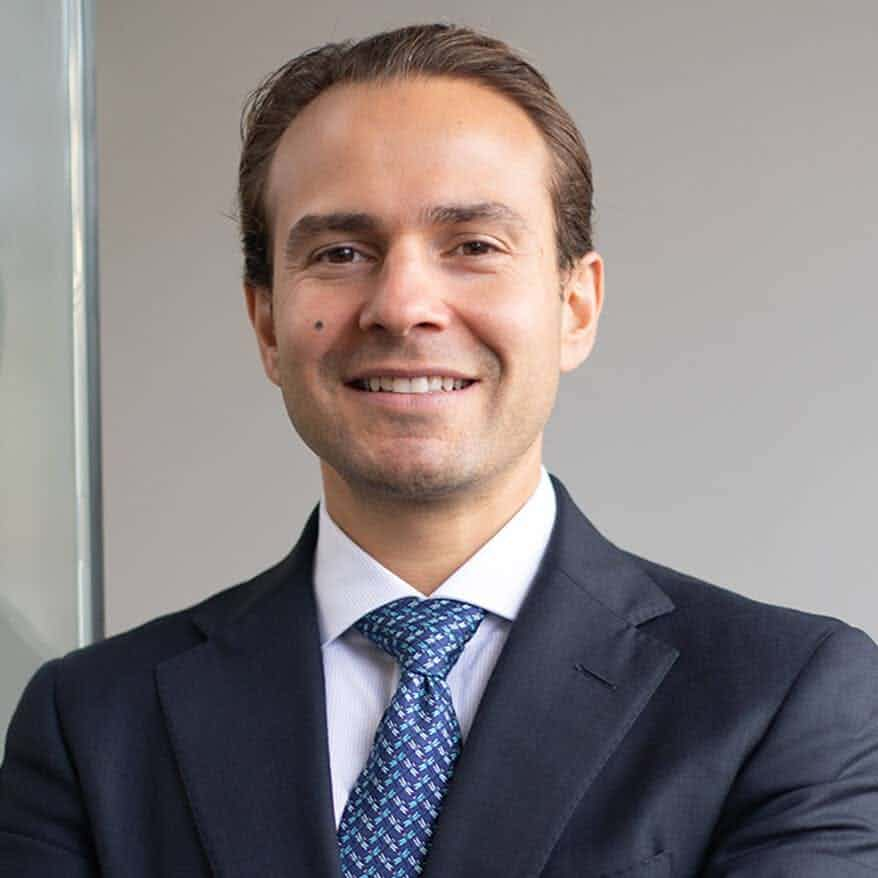This case involves a fifty-seven-year-old male patient who was admitted to the hospital for complaints of hemorrhoids and rectal pain. The patient was experiencing constipation and took laxatives for relief, but, upon moving his bowels, the patient sustained a rectal prolapse. At the hospital, the rectum was manually reduced and the patient was sent home after a CT was negative for any abnormal masses. The patient was seen at a university hospital three days later, where a circumferential excisional hemorrhoidectomy was performed for incarcerated gangrenous hemorrhoids. Following the surgery, the patient developed a severe anal stricture which was treated with multiple dilation procedures. The patient was left with the option of having a corrective anoplasty due to the delay in diagnosing the gangrenous hemorrhoids.
Question(s) For Expert Witness
1. Should this person have been sent home on the initial visit?
Expert Witness Response E-006365
This person should not have been sent home and required further attention, which most likely would have prevented the incarcerated bowel situation. Generally, a prolapsed rectum can be reduced with gentle digital pressure. An incarcerated rectal prolapse is rare. Although no medical treatment is available for rectal prolapse, internal prolapse should always be first treated medically with bulking agents, stool softeners, and suppositories or enemas. Contributing factors, such as constipation and diarrhea, should be addressed and eliminated if possible. Additionally, supportive care should be provided according to the clinical picture, particularly in the presence of an irreducible prolapse and with gangrene or rupture of the rectal mucosa, which seemed to be the case here. The ER staff on the original admission should have obtained a prompt surgical evaluation if anal incontinence was present. Emergency resection was most likely required and prompt surgical consultation with a general surgeon or a colorectal surgeon would have been the best practice in this situation.
About the author
Michael Talve, CEO
Michael Talve stands at the forefront of legal innovation as the CEO and Managing Director of Expert Institute. Under his leadership, the Expert Institute has established itself as a vital player in the legal technology arena, revolutionizing how lawyers connect with world-class experts and access advanced legal technology. Michael's role involves not only steering the company's strategic direction but also ensuring the delivery of unparalleled intelligence and cutting-edge solutions to legal professionals. His work at Expert Institute has been instrumental in enhancing the capabilities of attorneys in case preparation and execution, making a significant impact on the legal industry's approach to expert consultation and technological integration. Michael's vision and execution have positioned the Expert Institute as a key facilitator in the intersection of law and technology.



